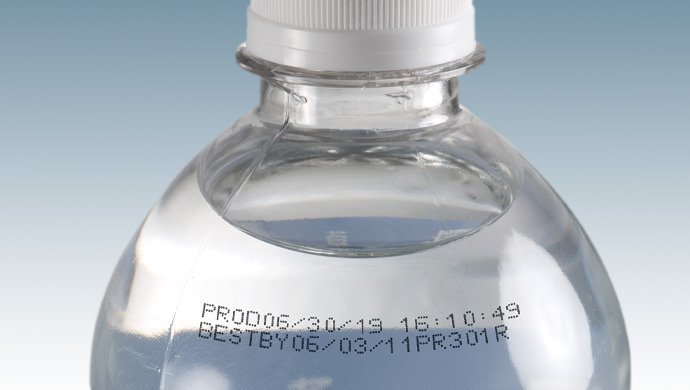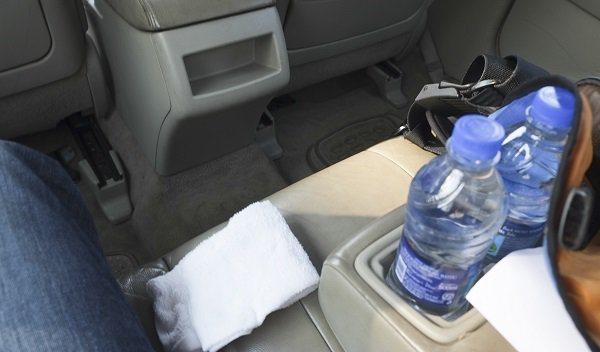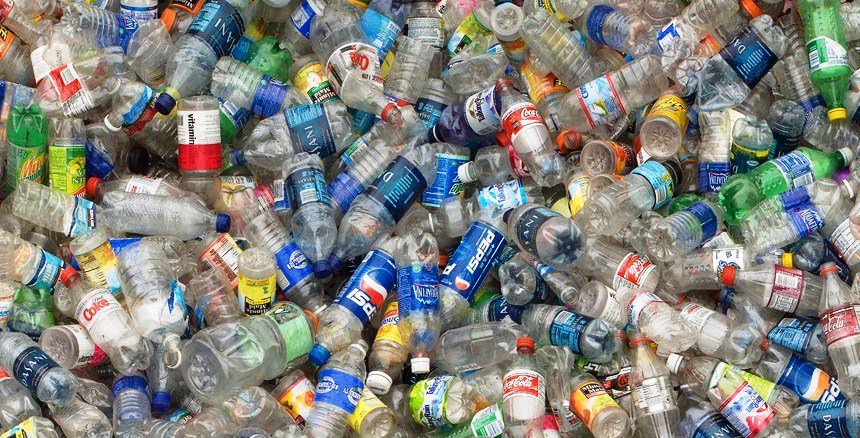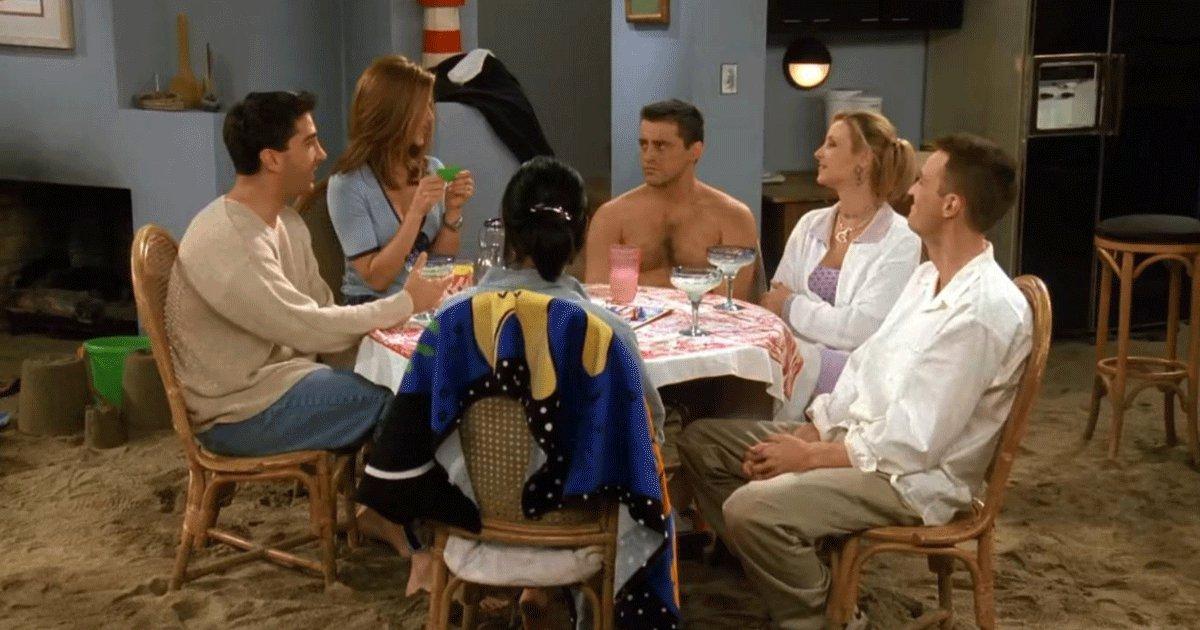You probably know that it is mandatory for companies to disclose the nutritional value, list of ingredients, and the ‘best before’ date for packed food and beverages. But have you ever noticed that the bottles of mineral water have an expiry date? But what does it mean exactly? Does water really ‘expire’?
Bottled water does not go bad on its own. It’s actually the packaging and other environmental factors that affect the quality of water.

Under direct sunlight, plastic can leach chemical components into the water.
Some of these chemical components, for example, bisphenol-A, or BPA, which is a hormone disruptor, can alter the way your cells function increasing the chances of breast cancer, brain lining damage, infertility in men and heart diseases. So, you should avoid leaving bottled water in sunlight or even inside your car on a hot sunny day.
Prolonged reuse of mineral water bottles can also lead to leaching of chemical compounds into the water.

The plastic from which the mineral water bottles are made is porous in nature.
Due to this, bottled water can pick up smells, tastes and even bacteria from the outside world if stored for a long period of time. So, while reusing the mineral water plastic bottles, make sure to store them in a cool and dark place, away from any toxic or odorous materials.

Here’s the deal: Do not reuse these plastic bottles for drinking water for more than 15 to 20 days. Keep the bottles clean to avoid any bacterial growth on the surface of the bottle and make sure that the bottle that you are buying is not puffed or deformed.

















